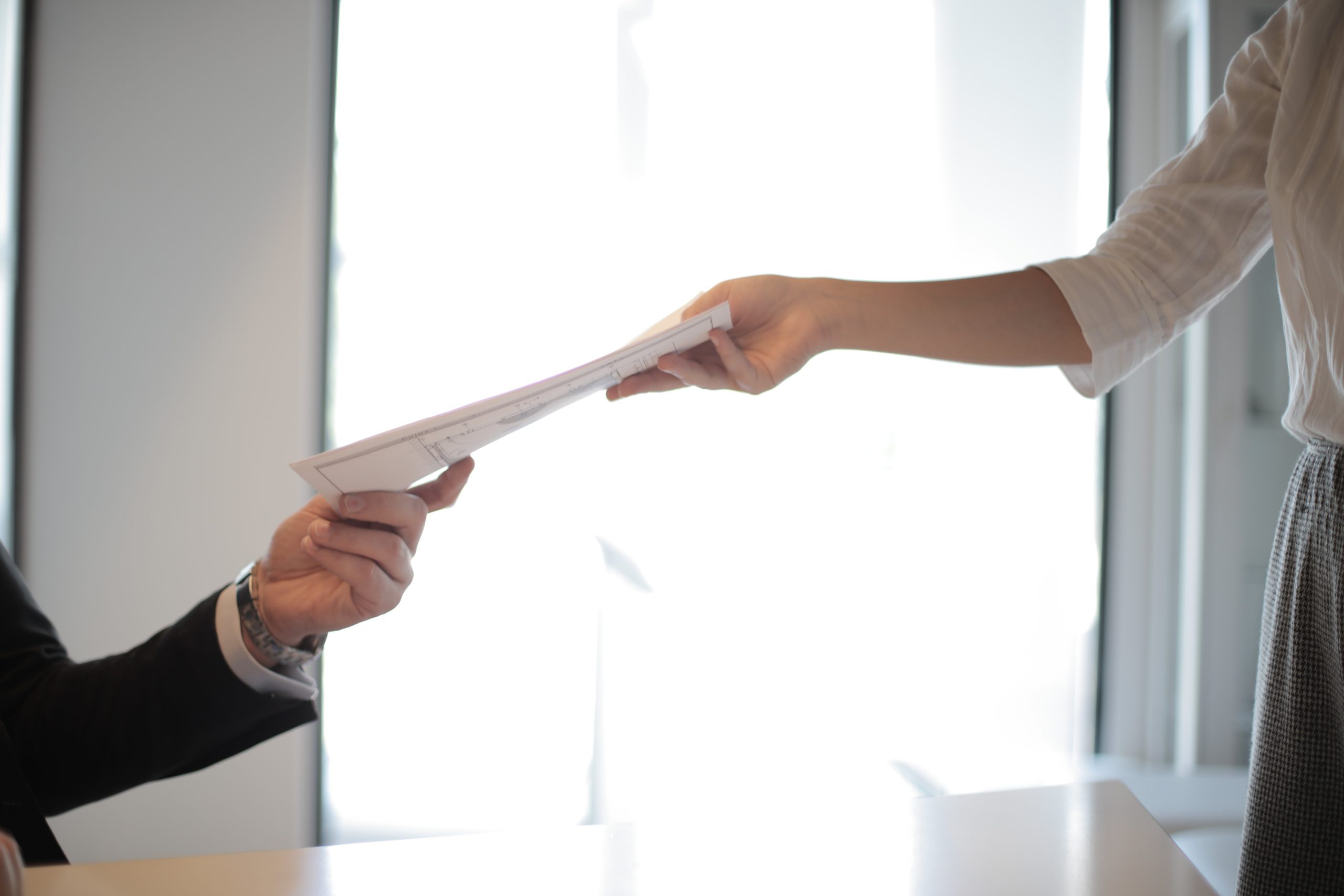Subscribe to Our Newsletter
Subscribe to our newsletter to stay updated on our news
VAT Changes To The Construction Industry – Are You Ready?
BILLY EDWARDS
From the 1st October 2019 HMRC planned a drastic change to the way that VAT registered businesses in the construction industry deal with VAT.
With the likes of Brexit taking precedent the date that these changes will be implemented has now been delayed until 1 October 2020, giving everyone more time to prepare.
What Are The Changes?
From 1st October 2020 new legislation comes into force which means that VAT registered businesses in the construction industry will need to apply what is known as the domestic reverse charge.
This means that the recipient rather than the supplier has to account for the VAT due on certain construction services, which in effect means that a contractor will need to pay VAT to HMRC on behalf of its VAT registered sub-contractors.
The reason for this change is HMRC’s attempt at combating missing trader fraud in the construction sector.

What Services Will Be Impacted By This Change?
The new domestic reverse charge will apply to supplies of ‘specified services’ between VAT registered businesses only, and where the recipient then makes an onward supply of those specified services to a customer.
Specified services are generally any building or construction work which falls under the CIS scheme.
An example of this is a Roofing Company using VAT registered sub-contractors to assist with a project, which the Roofing Company is completing on behalf of the customer.

What Do Sub-Contractors Need To Do?
If you are not VAT registered you do not need to do anything differently.
If you are completing work directly for a customer you raise your invoice as normal and charge VAT at 20%.
If you are assisting someone else to complete a job for a customer and they are VAT registered, your invoice will need to include VAT at 0% and state “Reverse charge: VAT Act 1994 Section 55A applies”.
Please note that a sub-contractor can be a Limited Company and does not need to be an individual, sole trade or partnership.

What Do Contractors Need to do?
If you are not VAT registered you do not need to do anything.
If you are completing work directly for a customer you raise your invoice as normal and charge VAT at 20%.
If you receive an invoice from a subcontractor you will need to reclaim 20% VAT on the bill you receive and declare it to HMRC as if you raised a sales invoice for the 20% VAT element.
Effectively you no longer reclaim the VAT on sub-contractors invoices.
As a result of these changes you will need to implement a system of identifying what sub-contractors will be effected by this legislation and organise a method of identifying what VAT needs to be declared on your returns each quarter.
The key issue is that you cannot simply reclaim the VAT on a subcontractors invoice and therefore your VAT bill will likely increase each quarter, which could cause cashflow difficulties.
If you would like to discuss any of the information above please call Edwards Bailey Chartered Accountants on 07851237635 or email info@edwardsbailey.co.uk.
#vat #Construction #reversecharge #subcontractors #subcontractors #contractors
Share this article
Related Articles

Starting a New Business? – Avoid These Common Mistakes
Our philosophy is that every business is different and therefore a blanket approach to accounting services to all of our clients just does not work. Although every business is different there are some common mistakes that new business owners make. Starting a new business can be a daunting proposition and when data shows that 4…

Outsourcing Business Functions – The Pros and Cons
Is your business growing rapidly, but you are unsure whether your cashflow can handle a full time employee? Then outsourcing could be the best approach for you. Its not just growing businesses that outsource business functions, many established companies are outsourcing business functions as a cost saving measure. So is outsourcing the best solution for…

Our Guide to Corporation Tax Rates
If you have a Limited Company it is essential to have a basic understanding of the tax the business will pay so you can be prepared for that inevitable tax bill. At present the Corporation Tax rate for a Limited Company is 19% of the businesses taxable profits, which at the date of this article…
Get In Touch
If you would like to discuss the services we offer or for a no obligation quote please contact us using the details on the right.
"*" indicates required fields
